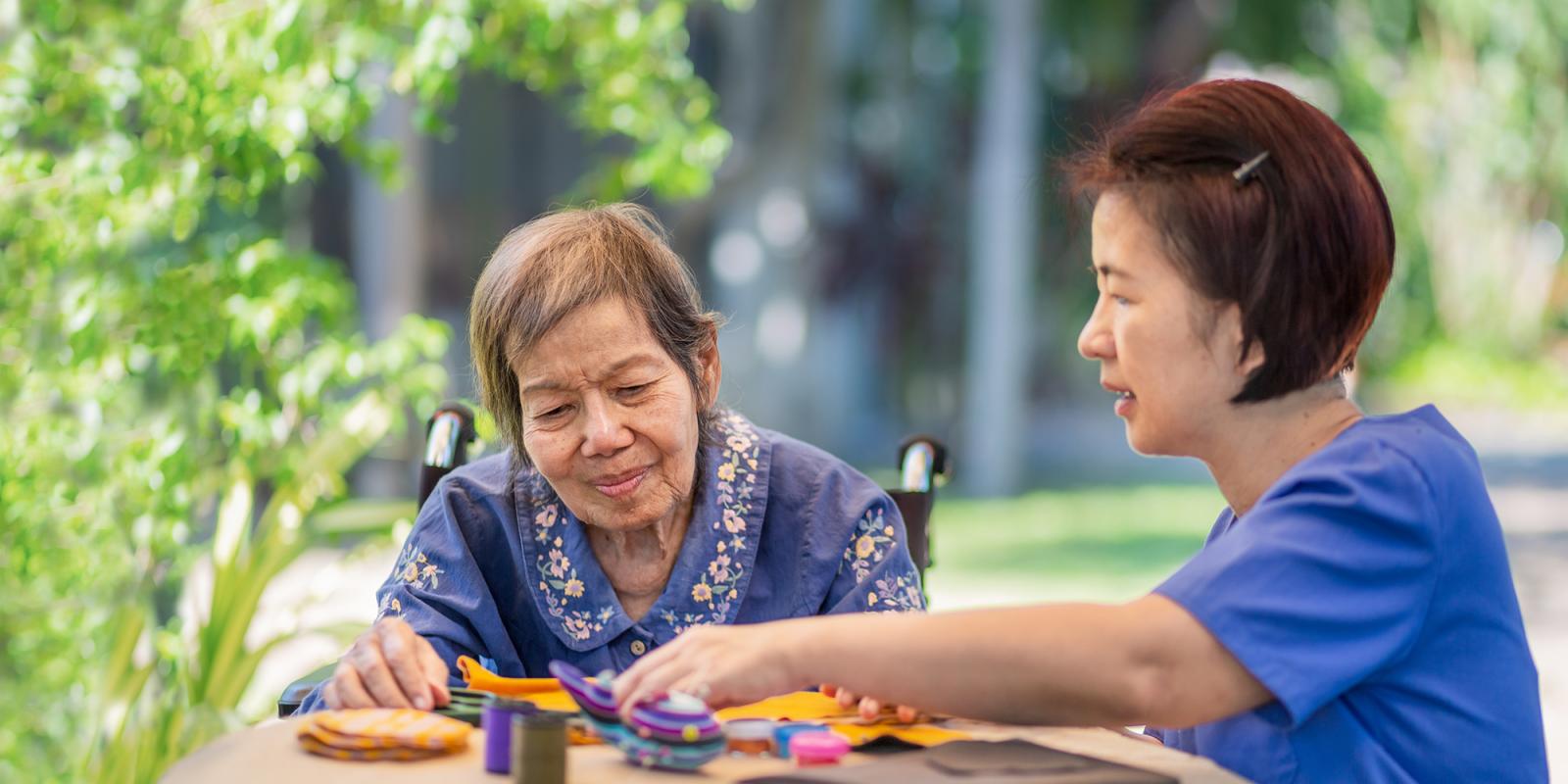Understanding and reframing inequities
In order to change culture, we need to investigate the underlying assumptions and beliefs that shape our understanding of disability. Changing attitudes and removing the structural barriers that create and exacerbate the social experiences of disability is paramount to building a more inclusive and accessible world.

What the Research Tells Us
Health disparities are often pathologized.
People tend to attribute negative health outcomes to people’s behavior, culture, or values, rather than seeing the structural factors like the way our society is designed.
People tend to see social value in terms of economic productivity.
This kind of thinking has real implications for people living with disability because it shapes how we collectively understand inclusion and think about support for wellbeing.
Social inclusion and exclusion are seen as individual choices.
When the focus is on interpersonal acceptance, it can be difficult to see the reality of structural barriers to inclusion. We need to bring those barriers—and how we can address them—into view.
